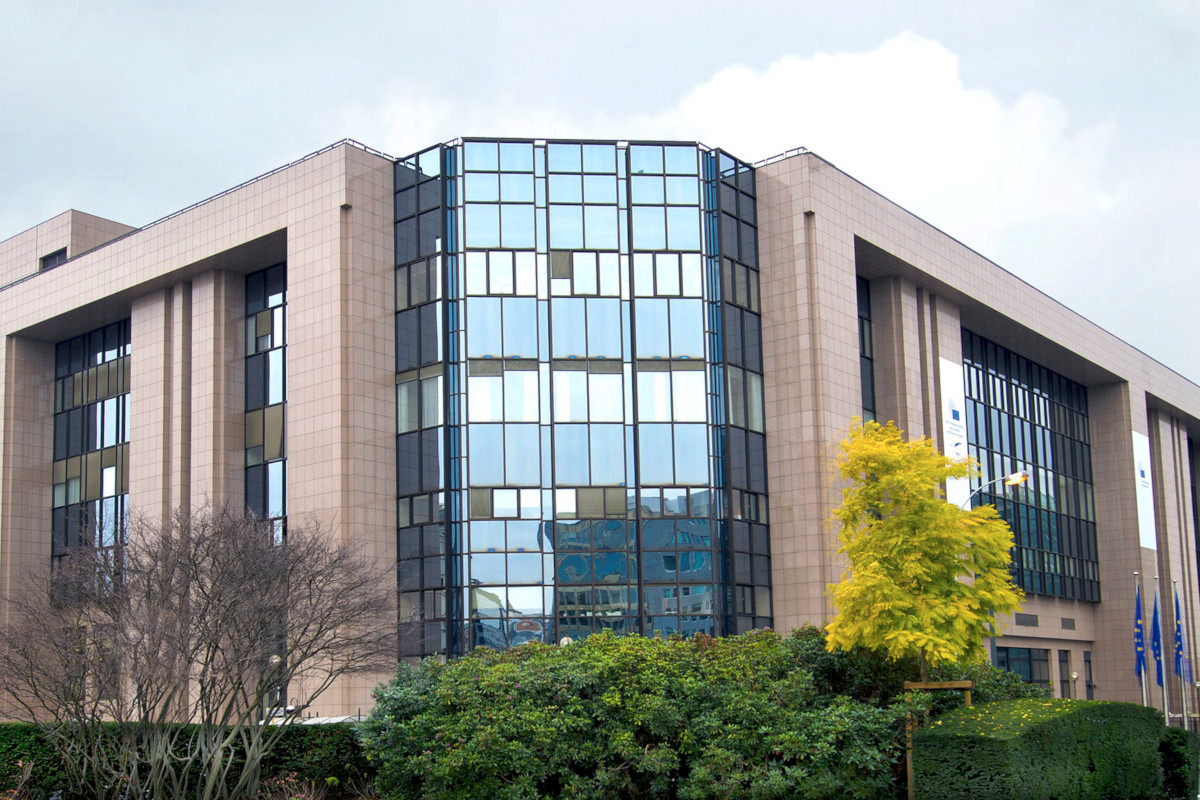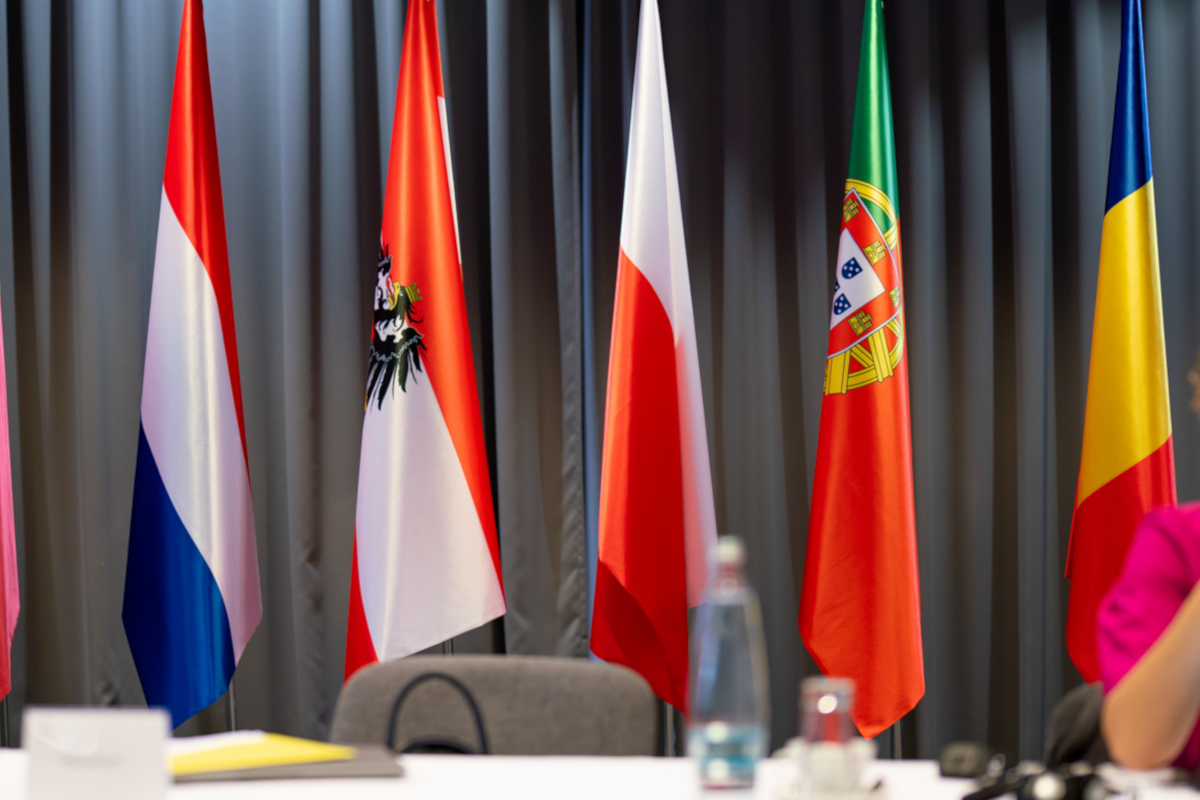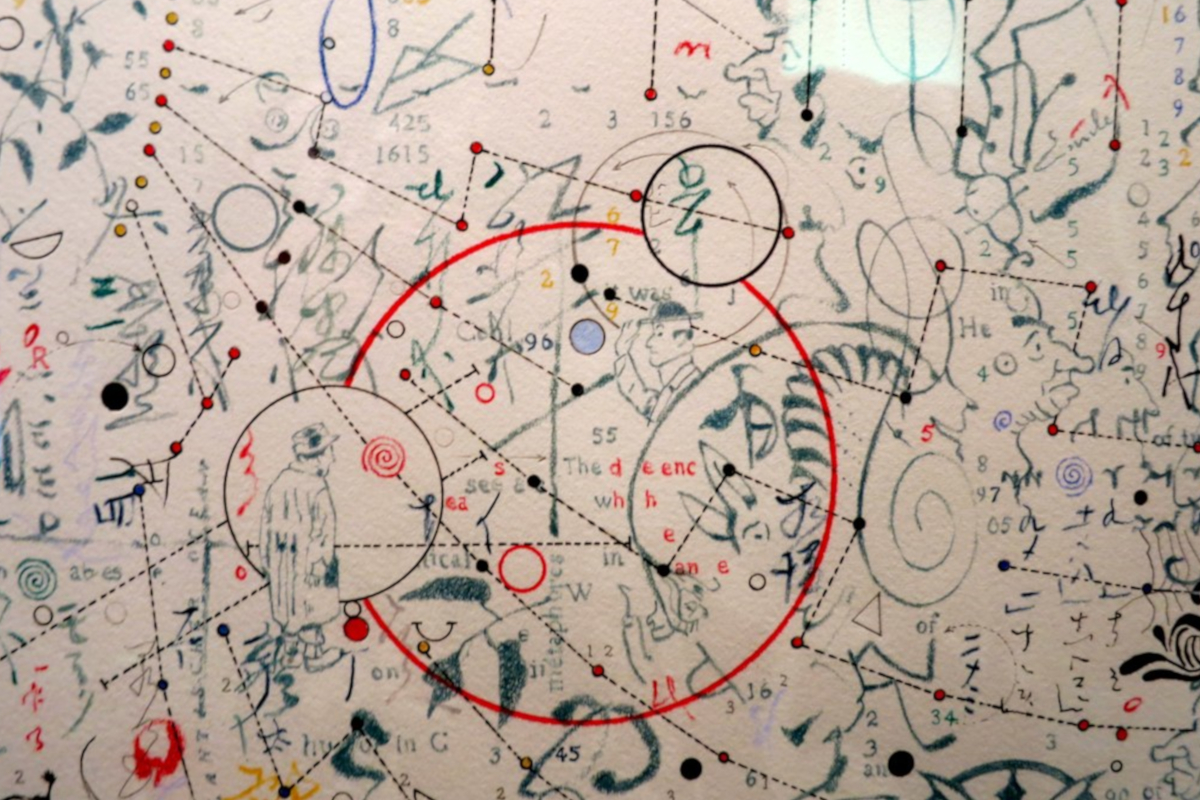Council of the EU discussing migration and security on the 'Silk Route' and Prague Process action plan
Topic
Country/Region
13 October 2022
The growth of EU policy-making on the "external dimension of migration" shows no sign of abating. Two recent documents, published here, cover "migration and security challenges on the Silk Route" and a Ministerial Declaration and the 2023-27 Action Plan for the Prague Process.
Support our work: become a Friend of Statewatch from as little as £1/€1 per month.

The 'Silk Route' countries are Afghanistan, Iraq, Iran, Pakistan, Bangladesh and Turkey. The Council's discussion paper (pdf) on "migration and security" on that route states:
"The Czech Presidency would like to address the complex issue of migration flows along the Silk Route, addressing both related migration and security challenges. The aim is to focus the discussion on seeking viable solutions for the future, while avoiding a situation whereby migration is viewed as a threat."
This desire to avoid treating migration as a threat follows the paragraph:
"While many refugees are fleeing from terrorist groups such as Da’esh in Syria and Iraq, criminals, including terrorists and returning foreign terrorist fighters, may infiltrate and hence abuse migration flows in an attempt to enter the EU undetected. In order to avoid this, the systematic feeding of data into and checks of the relevant databases at the EU’s external borders, in particular the SIS (including the use of biometrics), is key."
Member states are asked:
"1. In your opinion, are sufficient efforts being made to cope with current and future challenges, from both an internal security and a migration perspective, along the Silk Route? What particular challenges do you see with regard to the current situation?
2. What is your assessment of the internal security challenges arising from the current situation in Afghanistan and related migration flows?
3. In your opinion, how should we, at EU level, improve our cooperation with Turkey in order to better address irregular migration and security concerns in Europe?"
An annex looks at the situation in the "Silk Route countries".
On Iraq, the document states:
"Iraqi nationals are still thought to represent a sizeable group of third-country nationals within the territory of EU Member States who have been ordered to return. Iraq is facing long-term challenges, with forced displacement and instability due to internal and regional conflicts."
On Turkey:
"Regardless of its own geopolitical intentions, Turkey will remain an integral partner for the EU for cooperation in the area of internal security."
The document on the Prague Process (pdf) contains a draft Ministerial Declaration and the body's draft Action Plan for 2023-27.
The Prague Process involves:
Albania, Armenia, Austria, Azerbaijan, Belgium, Bosnia and Herzegovina, Bulgaria, Croatia, Cyprus, the Czech Republic, Denmark, Estonia, Finland, France, Georgia, Germany, Greece, Hungary, Ireland, Italy, Kazakhstan, Kosovo, Kyrgyzstan, Latvia, Liechtenstein, Lithuania, Luxembourg, Malta, Montenegro, the Netherlands, North Macedonia, Norway, Poland, Portugal, Moldova, Romania, Serbia, Slovakia, Slovenia, Spain, Sweden, Switzerland, Tajikistan, Turkey, Turkmenistan, Ukraine and Uzbekistan, and the European Union, represented by the European Commission.
The Russian Federation is currently suspended from participation in the group.
The document invites COREPER (the Committee of Permanent Representatives of member states to the EU) to approve the Declaration and the Action Plan, but they do not yet seem to have come onto COREPER's agenda.
Documentation
- Migration and security challenges along the Silk Route - Focus on the most relevant developments and countries (Council doc. 12654/22, LIMITE, 23 September 2022, pdf)
- Prague Process - draft Joint Ministerial Declaration and draft Action Plan 2023-2027 - Approval (Council doc. 12629/22, LIMITE, 23 September 2022, pdf)
Image: EU Council Eurozone, CC BY-NC-ND 2.0
Our work is only possible with your support.
Become a Friend of Statewatch from as little as £1/€1 per month.
Further reading

External migration control efforts spawn sub-groups and action plans
Various sub-groups and action plans have emerged from the various 'migration dialogues' that have been set up over the last decade, such as the Khartoum Process, the Rabat Process and the Budapest Process. This includes cooperation on operational action. The 'dialogues' bring together EU member states along with other European, African, Central Asian and other states. A recent set of presentations given to a Council of the EU working group make no mention of democratic scrutiny or legitimacy.

Deportations: EU to push for new readmission agreements "using all levers and incentives available"
Council Presidency progress report from 9 June focusses on “operationalisation of the external dimension, including as regards returns”; protection of the external borders; member state solidarity; and “more effective implementation of the Dublin rules”.

European Commission: Update on state of play of external cooperation in the field of migration policy
A recent European Commission document circulated to member state delegations in the Council demonstrates the scale and scope of the EU's "external migration" initiatives, which cover countries ranging from Bangladesh to Bosnia, as well as a number of multilateral initiatives. The document includes an overview of the current level of cooperation between the EU and "partner" countries and fora, as well as lists of recent meetings and events.
Spotted an error? If you've spotted a problem with this page, just click once to let us know.

